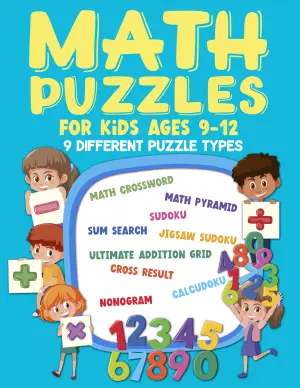Review of The Next Conversation: Argue Less, Talk More by Jefferson Fisher
In an age where conversations frequently escalate into heated arguments, Jefferson Fisher’s The Next Conversation: Argue Less, Talk More stood out like a warm beacon promising a refreshing approach. As someone who often craves deeper, more meaningful exchanges, Fisher’s emphasis on constructive dialogue immediately caught my attention. I found myself eager to dive into a book that not only promised to enhance communication skills but also aimed to cultivate understanding and collaboration in our interactions.
Fisher begins by examining the intricate dynamics of conversations, revealing how quickly they can spiral into conflicts when misunderstandings arise. This was particularly resonant for me, as I’ve experienced firsthand the challenges of navigating conversations that shift from civil discourse to adversarial sparring. His call to engage in meaningful exchanges rather than just winning an argument left me reflecting on my own conversational habits.
One of the book’s standout themes is the significant role emotions play in our communication. Fisher wisely notes that our emotional state—and that of others—can dramatically influence how we interpret dialogue. This insight is not just theoretical; it’s a gentle reminder to approach discussions with empathy. Lately, I’ve taken to heart his suggestion of recognizing and acknowledging emotions in myself and others, which has opened up avenues for connection I previously overlooked.
Active listening, another key component Fisher emphasizes, deeply resonated with me. The techniques he puts forth—such as paraphrasing and asking open-ended questions—remind us that genuine engagement requires more than just hearing the words spoken. It’s about truly absorbing the essence of what is being shared. I found myself practicing these techniques with family and friends, transforming mundane conversations into richer, more fulfilling exchanges.
Fisher also skillfully identifies common pitfalls that can derail productive conversations, such as jumping to conclusions or focusing too much on personal agendas. I appreciated the practical strategies he offers to avoid these traps, particularly the “Yes, And” approach, which encourages collaboration and creative thinking. This mindset shift has been a game-changer in my discussions, helping to cultivate a more supportive environment for idea-sharing.
Throughout the book, Fisher includes practical exercises and reflection questions that challenge readers to apply the concepts in real-world scenarios. These exercises are not just thoughtfully designed but truly compelling; they invite you to practice newfound skills and reflect on real conversations, making for an interactive reading experience.
In conclusion, The Next Conversation is more than just a guide—it’s an invitation to reframe the way we communicate. Fisher’s warm and engaging style makes this book accessible to everyone, but especially beneficial for individuals in leadership roles, educators, or those involved in team dynamics. Personally, it has reshaped how I approach difficult conversations, reminding me that fostering understanding and building meaningful relationships is a journey well worth embarking on. If you’re looking to enhance your communication skills and navigate the complexities of dialogue with greater ease, I can’t recommend this book highly enough.
Discover more about The Next Conversation: Argue Less, Talk More on GoodReads >>











